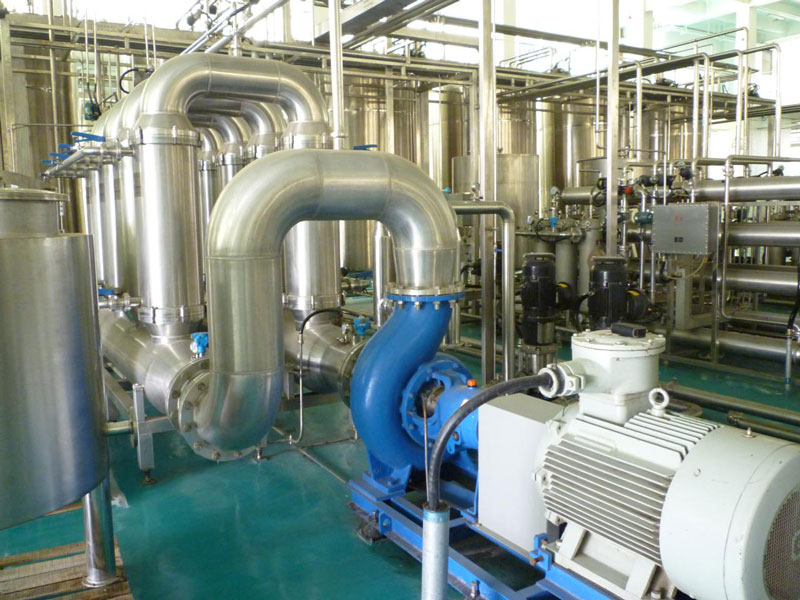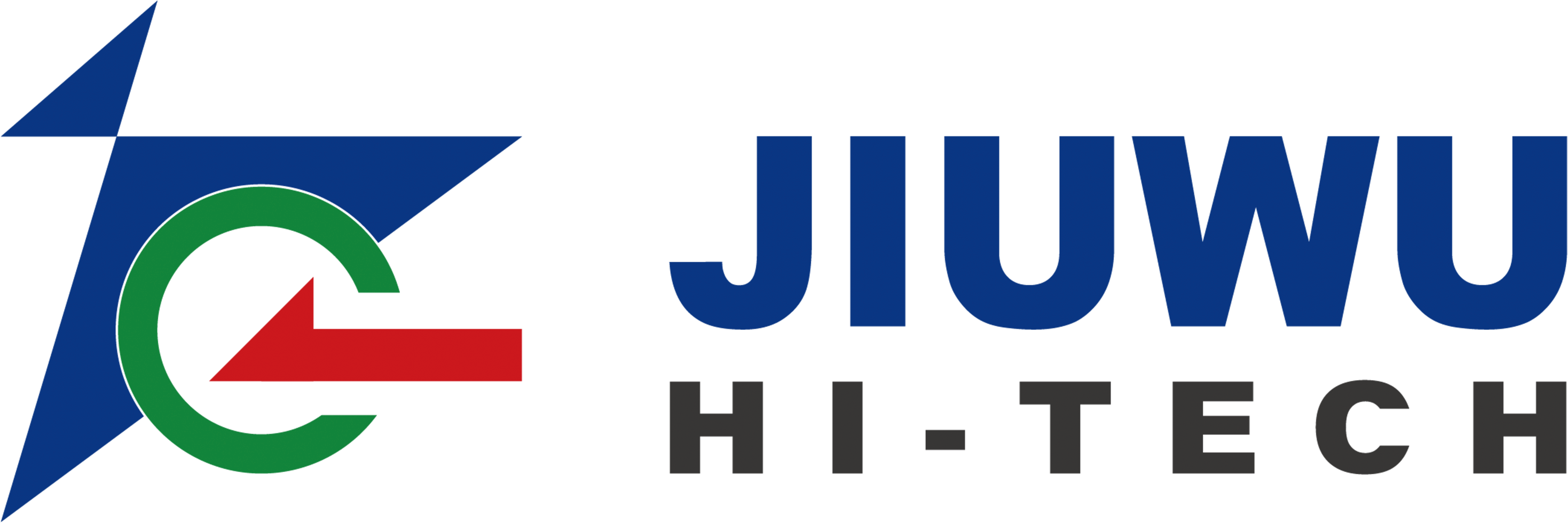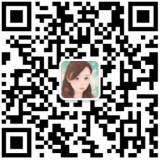Inulin is a reserve polysaccharide in plants. The inulin molecule is formed by polymerization of 31 β-D-frutofuranose and 1-2 pyraninose residues. The fructose residues can pass through β-2,1-bond. connection. It is a linear straight-chain polysaccharide linked by D-fructose via β(1→2) glycosidic bonds, with a degree of polymerization (DP) of 2-60.
Inulin is widely distributed in nature. Some fungi and bacteria also contain inulin, but its main source is plants, among which Jerusalem artichoke has the highest inulin content.
Inulin can effectively control blood lipids, reduce blood glucose, increase gastrointestinal function, promote mineral absorption, and can also be used as a substitute for fat, providing a smooth taste and good flavor. Inulin has been widely used in dairy products, yoghurt and liquid milk because of its good water solubility and abundant water-soluble dietary fiber.
In 2003, US FDA has confirmed that inulin is a GRAS (Recognized Safe Substance), with an effective daily intake of 5 grams, and a recommended maximum daily intake of 15-20 grams.In 2009, China issued announcement No. 5 in 2009: according to the provisions of the "Sanitation law of the people's Republic of China "and "the new resource food safety management measures", inulin was officially approved as a new resource food, which can be used in all kinds of food, but not including infant food.
On December 12, 2015, the European Union issued Regulation (EU) 2015/2314, approving the health claim that Chicory inulin helps maintain normal intestinal function.
With people's in-depth understanding and research on inulin, its dietary functionality is regarded as an important part of food raw materials. Inulin and related products have become a considerable industry with broad market prospects.
1. Disadvantages of traditional process
In the traditional process, the Jerusalem artichoke is washed, crushed, blanched with hot water to inactivate enzymes, and dried to obtain dried inulin tablets.
After being crushed, the dried Jerusalem artichoke slices are added to water and stirred for extraction. After centrifugal separation, the juice is obtained. After alkali treatment to remove impurities, it is further decolorized, refined and extracted, and dried to obtain inulin products.
The disadvantages of the traditional process are the low extraction rate of inulin, low purity with impurities, and low polymerization degree. Therefore, the application of new separation technology is very important for the development of the inulin industry.
2. Optimization and upgrading of new process
Ceramic nanofiltration membrane filtration is a new method to separate water extract by ceramic membrane.
After the early crushing, water extraction and alkali treatment of Jerusalem artichoke, which can be used to allow the effective target to pass through the membrane with the selective permeability of the membrane, the impurity components such as fragments and protein are intercepted, realizing efficient and energy-saving separation .
The emergence of ceramic nanofiltration membranes not only completely replaces traditional centrifugation and sedimentation processes, but also ceramic nanofiltration membrane has high separation precision and good effect, and clean on-site environment without secondary pollution, and can obtain high purity at one time. The crude inulin extract plays a vital role in improving the yield, stability and quality of the product. Compared with the traditional technology, it has an essential improvement and transcendence.
The material characteristics of ceramic membrane itself determine its super long durability, excellent chemical stability, acid and alkali resistance, and oxidation resistance, and it has a stable performance in the complex and changeable process environments.
Ceramic nanofiltration membranes have become an indispensable choice for the new process of inulin production due to their high cost performance.
Then, the monosaccharide and polysaccharide in inulin were separated by ultrafiltration membrane to further improve the purity of the product. Compared with traditional evaporation, the cost of concentration is significantly reduced.
Through many experiments and industrial application, membrane technology has advantages over traditional centrifuges and direct evaporation concentration in the separation and concentration of inulin extract.
First of all, microfiltration membrane can achieve absolute solid-liquid separation. The permeate comes from ceramic nanofiltration membrane is transparent and bright, with an average turbidity below 0.5NTU, and can run for a long time with high flux. The system regeneration is simple and convenient, the operator can run it automatically, which has the superiority of real-time surpassing in comparison with traditional method of separation and filtration.
The inulin extract filtrated by ultrafiltration membrane is further concentrated to reduce the volume of feed solution, improve the purity of the product, reduce the energy consumption for subsequent evaporation, and improve the purity of the product.
3. Process of membrane filtration technology
Fig1. Flow chart of membrane separation process
As a new and efficient separation technology, membrane separation technology is increasingly being used in various industrial fields and accepted by more and more people. The membrane separation technology adopted in this process is clean and efficient, energy-saving and environmentally friendly, no secondary pollution, easy to operate and control, and high inulin extraction rate. The obtained product has stable properties, high purity and high degree of polymerization, making outstanding contributions to reducing costs and increasing efficiency for enterprises.
Fig2. Ceramic nanofiltration membrane integrated ultrafiltration membrane






 +86-25-58849045
+86-25-58849045
 +86-25-58749295
+86-25-58749295
 jiuwu@jiuwu.com
jiuwu@jiuwu.com
 No. 9 Park Road, Pukou District, Nanjing City (Sanqiao Factory)
No. 9 Park Road, Pukou District, Nanjing City (Sanqiao Factory) Call us on:
Call us on:  Email Us:
Email Us:  No. 9 Park Road, Pukou District, Nanjing City (Sanqiao Factory)
No. 9 Park Road, Pukou District, Nanjing City (Sanqiao Factory)

 English
English 한국어
한국어 français
français русский
русский Español
Español

